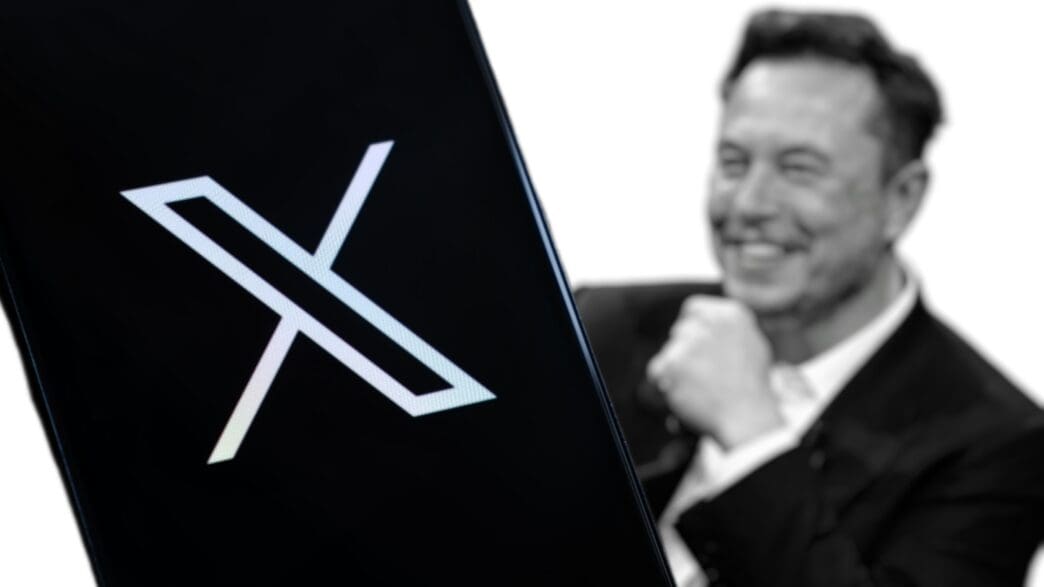Executive Summary
The Story So Far
Why This Matters
Who Thinks What?
Elon Musk, the visionary entrepreneur behind Tesla, SpaceX, and X (formerly Twitter), consistently commands global attention not only through his ambitious technological pursuits but also via a steady stream of often controversial public statements. These pronouncements, frequently amplified across digital platforms, extend far beyond casual social media interactions, shaping public perception, influencing market dynamics, and sparking intense debate among investors, employees, and the general public. Understanding the context and implications of these divisive remarks is crucial for anyone tracking the intersection of innovation, leadership, and public discourse in the 21st century.
The Genesis of Divisiveness: A Leader’s Public Persona
Musk’s approach to public communication is characterized by an unfiltered style that often bypasses traditional corporate PR channels. This directness, while endearing to some, has frequently led to misunderstandings and outright controversies.
His willingness to engage directly with critics and supporters alike on platforms like X has cultivated a unique, often chaotic, public persona. This strategy blurs the lines between CEO, innovator, and public commentator, making his individual opinions inextricably linked to the brands he helms.
Free Speech Absolutism and the X Platform
Perhaps no area has seen Musk’s divisive statements more prominently than his acquisition and subsequent management of X. He has repeatedly positioned himself as a “free speech absolutist,” a stance that has drawn both fervent support and sharp criticism.
This philosophy has led to significant policy changes on the platform, including the reinstatement of previously banned accounts and a more permissive approach to content moderation. Critics argue that this emphasis on absolute free speech has fostered an environment where misinformation, hate speech, and harassment can proliferate, impacting user safety and brand advertiser confidence.
Conversely, supporters view his actions as a necessary defense against perceived censorship and a vital step towards restoring open dialogue online. The ongoing debate reflects a fundamental tension between unfettered expression and the responsibility of platform stewardship, a tension Musk has not shied away from amplifying.
Technological Visions and Ethical Dilemmas
Beyond social media policy, Musk’s pronouncements on artificial intelligence and other advanced technologies have frequently stirred debate, highlighting the ethical frontiers of his ventures.
AI Risks and Regulation Advocacy
Musk has long been a vocal proponent of regulating artificial intelligence, often describing it as a potential existential threat to humanity. His stark warnings, such as comparing AI to “summoning the demon” or stating it is “more dangerous than nukes,” have been widely publicized.
While some experts echo his concerns about unchecked AI development, others view his dire predictions as overly alarmist or even counterproductive. His involvement with Neuralink, a company aiming to integrate human brains with AI, adds another layer of complexity, as he simultaneously seeks to advance AI capabilities while warning of their dangers.
These statements have contributed to a broader public conversation about AI ethics and safety, pushing regulatory bodies and researchers to consider the long-term implications of rapidly advancing intelligent systems.
Autopilot and Full Self-Driving Claims
Within Tesla, Musk’s optimistic timelines and bold claims regarding the company’s autonomous driving capabilities have been a continuous source of contention. His assurances about “Full Self-Driving” (FSD) being just around the corner, or the technology being safer than human drivers, have often preceded significant delays and real-world incidents.
Regulators and safety advocates have expressed concerns that these statements could lead drivers to overestimate the current capabilities of the technology, potentially encouraging misuse. The gap between promised functionality and delivered reality has fueled skepticism among some consumers and investors, even as Tesla continues to lead in electric vehicle innovation.
Market Influence and Investor Relations
Musk’s pronouncements often have immediate and significant impacts on financial markets, moving stock prices and influencing investor sentiment, sometimes to the chagrin of market regulators.
“Funding Secured” and Regulatory Scrutiny
One of Musk’s most infamous tweets involved his August 2018 claim that he had “funding secured” to take Tesla private at $420 per share. This statement sent Tesla’s stock soaring, but it quickly became clear that the funding was not, in fact, secured.
The U.S. Securities and Exchange Commission (SEC) subsequently sued Musk for securities fraud, leading to a settlement that required him to step down as Tesla’s chairman and pay a significant fine. This episode underscored the power of his words to manipulate markets and the regulatory consequences of such actions.
The incident remains a cautionary tale about the intersection of social media, CEO communication, and corporate governance, demonstrating the potential for a single statement to cause widespread financial disruption and legal repercussions.
Crypto Endorsements and Volatility
Musk’s enthusiastic endorsements of cryptocurrencies, particularly Dogecoin, have frequently led to dramatic price swings. His playful tweets and public comments about Dogecoin have been credited with driving significant rallies, attracting both speculative investors and criticism from financial analysts.
While some view his involvement as a fun, democratizing force in finance, others decry it as irresponsible market manipulation, given the volatility and speculative nature of meme coins. His influence highlights the growing power of individual celebrity in the decentralized finance space, often bypassing traditional financial analysis.
Beyond the Headlines: The Underlying Impact
Elon Musk’s divisive statements, whether intentional or not, consistently generate headlines and shape public discourse. They underscore the unique challenges of modern leadership, where the personal brand of a CEO is often inseparable from the corporate entities they control.
These pronouncements force a critical examination of free speech boundaries, the ethical implications of technological advancement, and the responsibility of influential figures in financial markets. Ultimately, decoding Musk’s most divisive statements means understanding not just what he says, but the profound ripple effects they create across technology, finance, and society.








